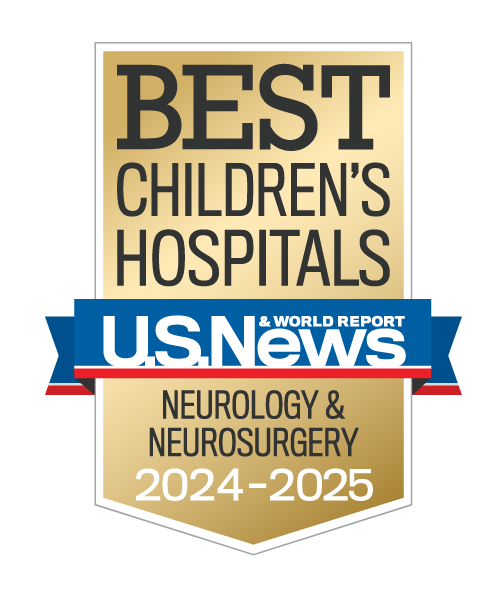A study recently published in the Journal of Child Neurology suggests that children may outgrow autism. We spoke to Dr. J. Thomas Megerian, pediatric neurologist and clinical director of the Thompson Autism and Neurodevelopmental Center at CHOC, about what parents should know about these findings.
Many parents ask me, “Will my child outgrow autism?” and I always tell them that what we hope for is that with services and growth, the child will improve so much that after as little as a few years, they no longer meet the criteria for Autism Spectrum Disorder (ASD). Outgrowing the label may mean they have learned to compensate or overcome some challenges like socialization or repetitive movements. They may have little features left of ASD, and what symptoms they do have, may cease to interfere with their development or daily lives. When they have progressed to the point where they have outgrown the label, any remaining traits may be so small that only a parent would notice, but a new person who has just met the child wouldn’t pick up on anything.
However, I advise my patients’ parents that if and when their child outgrows the label of autism, they may still have other co-occurring issues like anxiety, attention deficit hyperactivity disorder (ADHD) or learning disabilities that require ongoing care.
So yes, indeed this study should give parents hope surrounding a child’s ability to outgrow the autism label, despite their other potential ongoing issues.
In some instances, schools may suggest a decrease in services because a child has improved and outgrown the label of autism. That same child may still be struggling with organization or learning certain subjects. Parents may be in a position to say that just because their child has outgrown the autism label doesn’t mean they do not have a need for additional support.
Learning disabilities, obsessive compulsive disorder, and attention deficit disorder are common among children with ASD. Rates of other disorders are common among children with autism, including: gastrointestinal disorders, ear infections, seizures and anxiety. They may clear up later in life or become better managed, but they don’t necessarily go away at the same time as their autism label.
Residual symptoms of these co-occurring diagnoses may last into adulthood. For example, a child may outgrow their ASD label but still have anxiety that can be managed by cognitive behavioral therapy.
Early detection and intervention help many kids outgrow the autism label in the future due to improvements with socialization and repetitive behavior. It’s important for people to remember that just because they have lost the autism label, doesn’t mean they don’t have other diagnoses or disorders that may require ongoing treatment.
There’s no question that early intervention makes a big difference in helping kids with the potential to outgrow their ASD diagnoses achieve that milestone even sooner. The trajectory has changed for many of those kids.
Get more expert health advice delivered to your inbox monthly by subscribing to the KidsHealth newsletter here.

Learn more about CHOC’s Neuroscience Institute
CHOC Hospital was named one of the nation’s best children’s hospitals by U.S. News & World Report in its 2024-25 Best Children’s Hospitals rankings and ranked in the neurology and neuroscience specialties.





